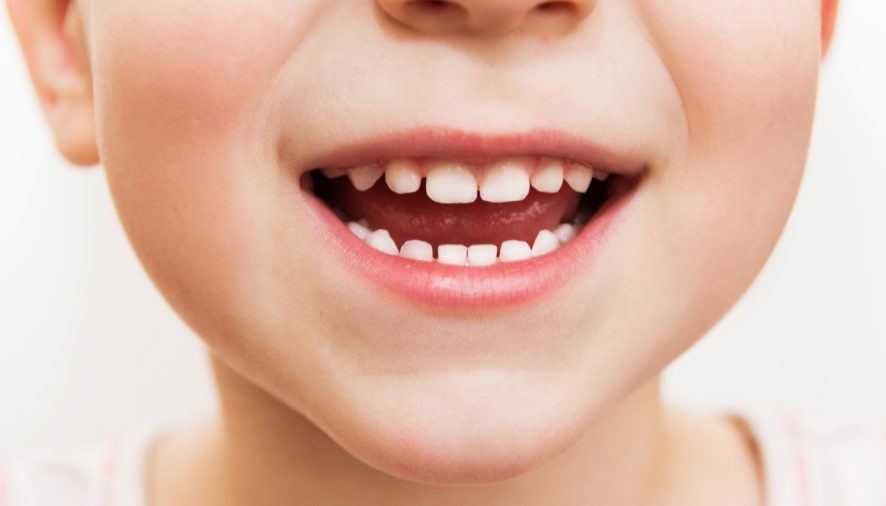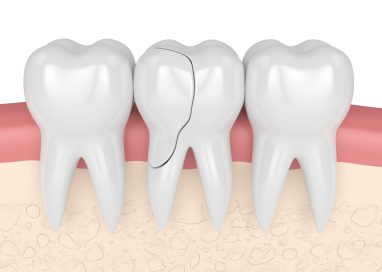How Can Thumb Sucking and Pacifier Use Affect My Child’s Teeth

Causes of Thumb-Sucking and Pacifier Use
The usage of pacifiers and thumb-sucking are common, innate activities seen in youngsters throughout the world. These behaviors can persist throughout infancy and toddlerhood and frequently start in utero. The main motivation for these actions is comfort; sucking is a calming pastime that aids kids in overcoming stress, boredom, or exhaustion. It gives young children a sense of stability and aids in their daily navigation of the numerous new situations they come across. These behaviors are not only normal in the early years of a child’s existence, but also advantageous to their emotional growth. In this blog post, we will study the impact of thumb sucking on dental health as explained by a pediatric dentist in Burtonsville, MD
What is the impact of thumb-sucking?
One common self-soothing activity seen in newborns and early children is thumb-sucking. Prolonged thumb-sucking might be uncomfortable, but it can also be bad for your oral health.
The impact of thumb-sucking includes:
- Malocclusion
A primary concern related to thumb-sucking is the emergence of malocclusion, or “bad bites.” An open bite, in which the upper and lower teeth do not touch appropriately, might result from the thumb’s constant pressure on the teeth. Thumb-sucking can also lead to the development of an overbite, a condition in which the front teeth jut out abnormally.
- Alignment of Teeth
Thumb-sucking might also have an impact on tooth alignment. Teeth that are habitually crowded or misaligned might result from the thumb’s continual presence in the mouth. This may affect the smile’s general appearance and functionality.
- Reduced Ability to Speak
Long-term thumb sucking can also affect the development of speech. A lisp or trouble speaking might result from the thumb’s location in the mouth interfering with the way sounds are formed.
Breaking the Pattern
It’s imperative to stop sucking your thumb in order to reduce these tooth problems. Praise or prizes for refraining from thumb-sucking are examples of positive reinforcement that might be useful. Encouragement of substitute coping strategies, such as giving a stress ball or consoling through words of comfort, can also assist in helping the child.
It is advisable to speak with a pediatric dentist or orthodontist if the thumb-sucking behavior becomes problematic. They may provide your child with individualized advice and tactics to help them break the practice of thumb-sucking and maintain good oral health.



















